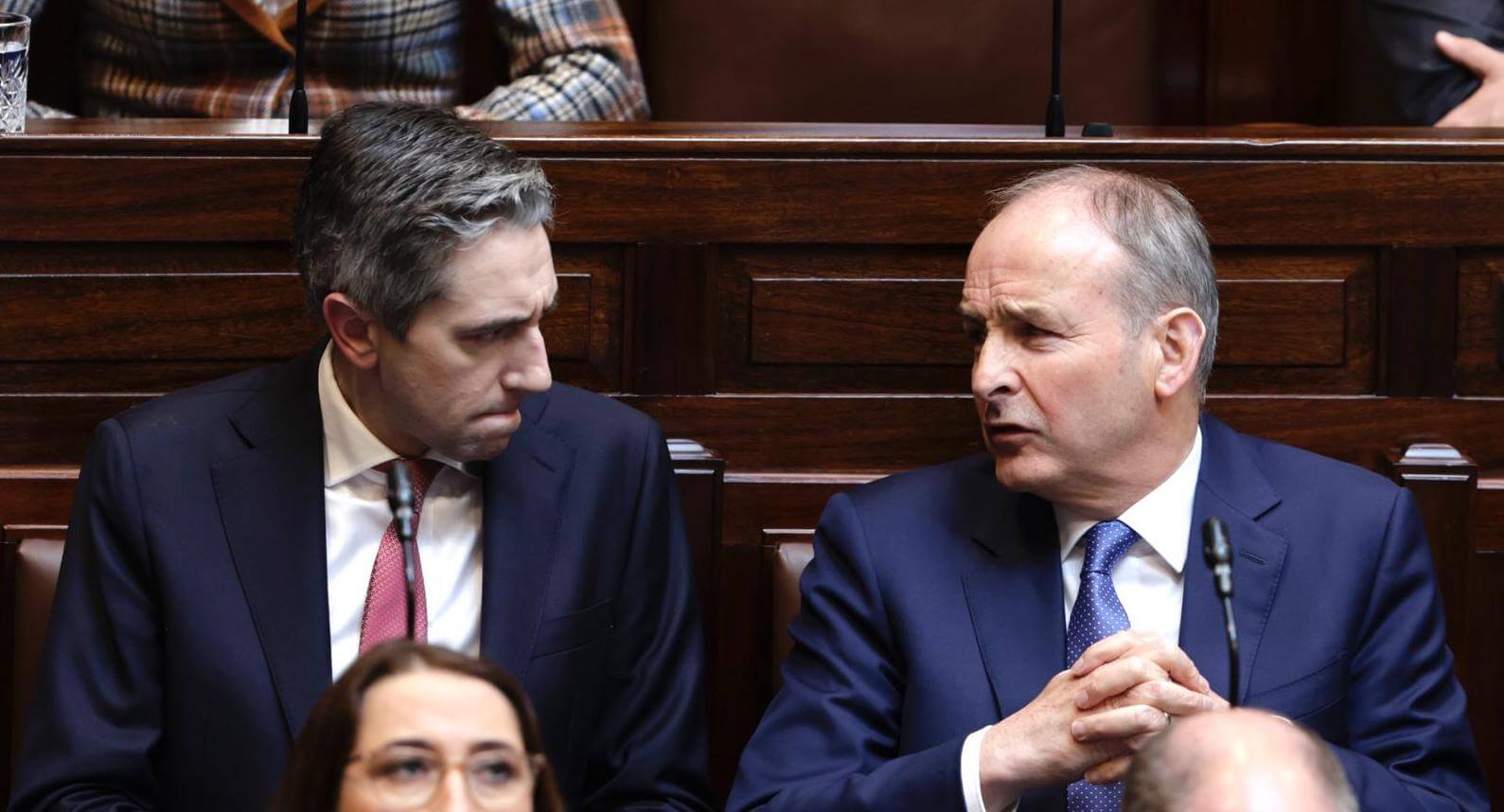“The will is there,” Rishi Sunak told an audience of global executives at COP26 in Glasgow in 2021, where $130 trillion of capital was committed to meeting the 1.5C climate target. Posing with a green budget box, the then-Chancellor seized the opportunity to establish himself as a sustainability statesman, meanwhile, the UK cemented its position as a climate world leader.
Where’s the will now, one might ask, as we approach the UK general election on July the 4th? As Prime Minister, Sunak has made no secret of his desire to balance the transition to net zero with energy security and the cost of living, themes that were much lower on the agenda at the time of COP26 in Glasgow.
The circumstances have changed in the intervening period, symbolised internationally by the war in Ukraine, and at home by Liz Truss’s 2022 mini-budget. Sunak has pivoted towards a more “pragmatic, proportionate and realistic” approach, as signalled in the Conservative Party’s manifesto, released last Tuesday. Party strategists have reportedly been aiming to drive a green wedge with Labour since September, when Sunak rolled back a series of net zero targets from 2030 to 2035, chief amongst them, the phase-out of internal combustion vehicles. Labour’s manifesto, released two days later, was widely compared with a Ming vase – low on eye-catching pledges, and therefore risk, in a bid to protect the party’s polling lead. The manifesto’s authors seem to have avoided falling into the sustainability trap, set by the Conservatives.
The end result of these manoeuvres and counter-manoeuvres is that the sustainability offering to the people has been virtually neutralised. Labour and the Conservatives plan to spend between £6bn and £7bn decarbonising British homes. Labour say they will help five million homes, the Conservatives (more realistically perhaps) say they will benefit one million. We see a similar pattern play out across other areas. Labour pledge to meet commitments under the Environment Act, which are less ambitious than the 30 by 30 targets under the UN Global Biodiversity Framework, which the UK is a leading signatory of. The Conservative manifesto references the Framework without promising anything substantive for the future. Aside from policies directed at specific voter interests, designating sex according to biology only in the Equality Act for instance, we see a broadly consistent approach across all ESG-related policy areas. The exception is net zero where there’s daylight between the two camps, if not a wedge.
Oddly, Labour’s manifesto does not feature a longer-term net zero commitment akin to the Conservatives’ 2050 target, enshrined in law. Instead, Labour have an ambitious plan to decarbonise the grid by 2030 through GB Energy, a new state-owned company delivering grants at various levels. Labour spokespersons say GB Energy will cost the taxpayer £8.3bn, funded by windfall taxes on oil and gas company profits, although a party frontbencher recently said the price tag would be between £61 billion and £82 billion, which seems much more plausible. Having ruled out income tax, national insurance and VAT rises, while imposing a 25% cap on corporation tax, on the windfall tax, a Labour government would have difficulty covering these higher costs.
Perhaps the more pertinent question is how the next government would “unlock the trillions” as we often hear in our ESG roundtables. What are the prospects for a more unified policy programme around allocating private capital to more sustainable projects and assets? The Conservatives manifesto mentions ESG, assuring voters the defence industry will not be discriminated against. “Labour will make the UK the green finance capital of the world,” declares the rival manifesto, which doesn’t sound earth-shattering when the previous government vowed to make the UK the world’s first net-zero-aligned financial centre.
Nevertheless, Labour’s 2030 grid decarbonisation target, the party’s stated willingness to sanction onshore wind and its pledge to reinstate the 2030 phase-out of international combustion engines, contrast sharply with the Conservatives’ eagerness to secure energy supply, typified by its commitment to issuing new oil drilling licences. Labour promises to implement an institutional framework to ensure policy reflects commitments to reach net zero and meet carbon budgets, precisely the type of joined-up approach that was lacking under the Conservatives. In addition, Jeremy Hunt’s decision to downgrade climate as a key priority for the Bank of England would be reversed.
Ultimately, under Labour, the “will” would be there, meaning not only a quicker catch-up with the EU’s array of ESG instruments and regulations, but also greater assurances to investors and businesses that they will be rewarded for acting and investing sustainably.
If you are interested to learn more about what each party’s manifesto means for you and your business, please contact secretariat@plgesg.org, or visit the Policy Liaison Group for Environmental, Social, and Governance website.






